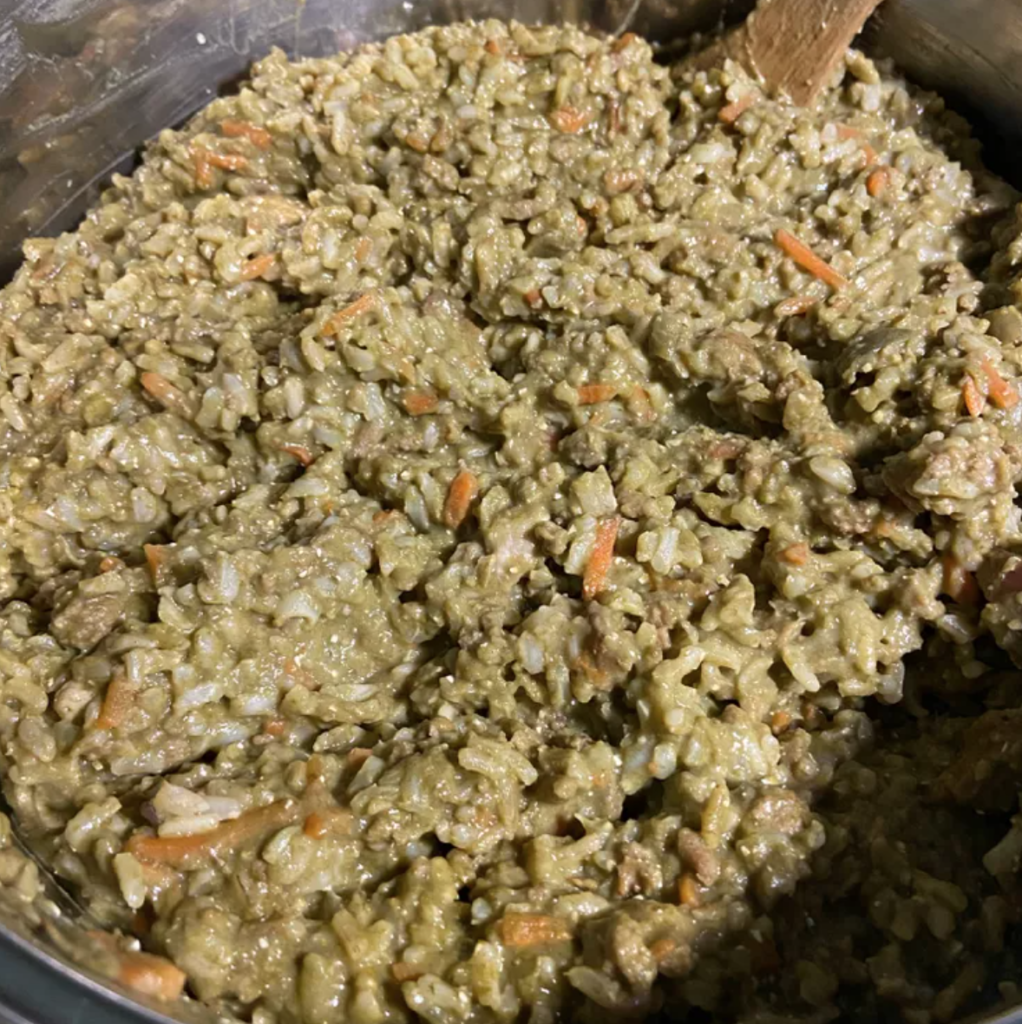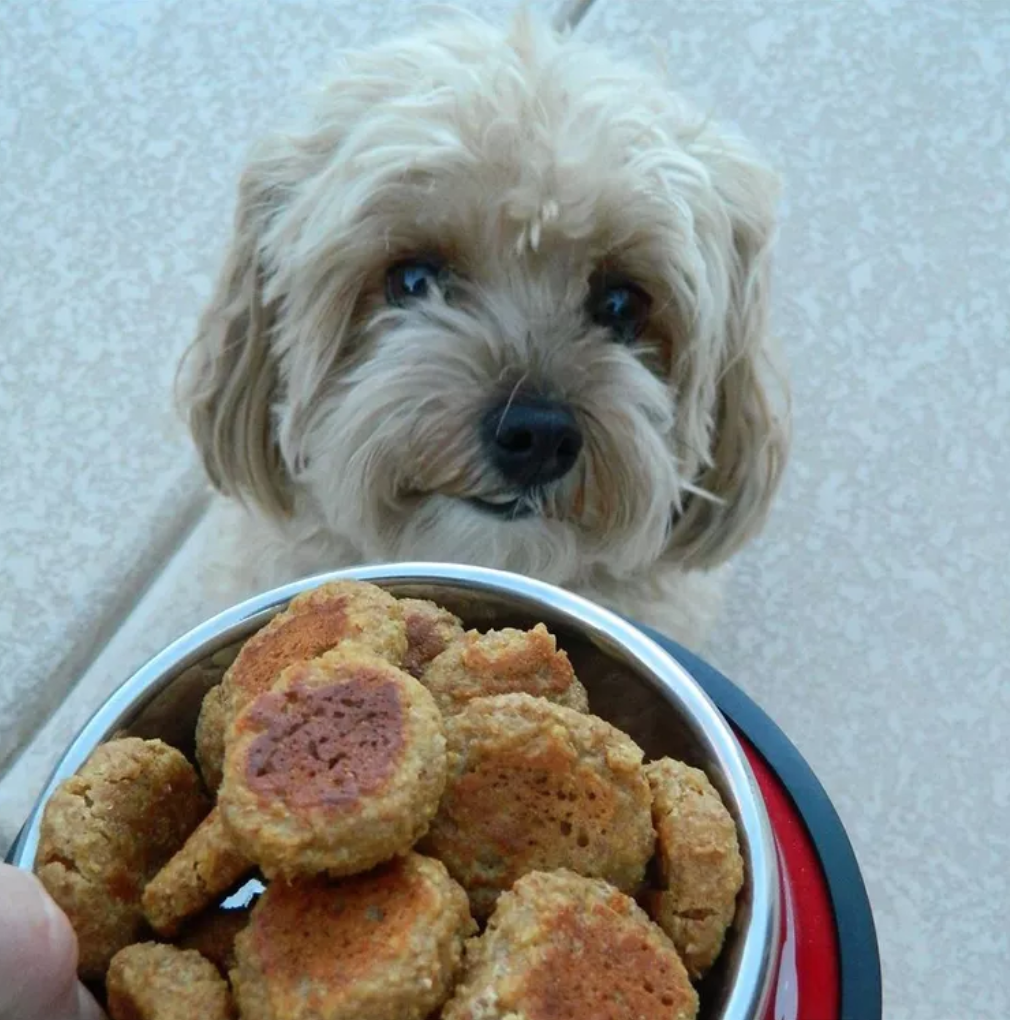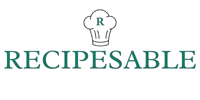Table of contents
Can I Feed My Dog Fish Food?
As pet owners, we often wonder whether certain foods meant for other animals are safe for our dogs to consume. One common question that arises is, can I feed my dog fish food? Whether you’re talking about fish flakes, pellets, or food meant for your aquarium, it’s important to know the risks and safety concerns involved in feeding these items to your dog.
In this article, we’ll dive into whether fish food is safe for dogs, the potential risks, and what to do if your dog accidentally eats fish food. Understanding the ingredients in fish food and how they affect your dog’s health can help you make informed decisions about what’s safe for your furry friend.
Is Fish Food Safe for Dogs?
Can I feed my dog fish food, whether it comes in flakes, pellets, or freeze-dried form, is designed for the specific nutritional needs of fish, not dogs. While fish food itself is generally not toxic to dogs in small amounts, it’s not recommended as a regular part of their diet. Here’s why:
- Nutritional Imbalance
Fish food is formulated to meet the nutritional needs of fish, which are vastly different from those of dogs. Fish need higher levels of certain nutrients, like amino acids, that aren’t necessary or appropriate in the same quantities for dogs. Regularly feeding your dog fish food can lead to nutritional deficiencies because it lacks key components like the right balance of proteins, fats, and carbohydrates that dogs need. - Potential Additives and Preservatives
Many types of fish food contain additives and preservatives that could upset your dog’s digestive system. Ingredients like colorants, flavorings, or preservatives that are safe for fish may not be safe for dogs, and consuming them in large quantities can lead to stomach upset, vomiting, or diarrhea. - Allergens
Some fish food products may contain ingredients that are potential allergens for dogs, such as shrimp, shellfish, or fish meal. These allergens can trigger an allergic reaction in some dogs, leading to symptoms like itching, rashes, or gastrointestinal distress.

What Happens If My Dog Eats Fish Food?
Can I feed my dog fish food? If your dog has eaten a small amount of fish food, there’s usually no need to panic. Most dogs will be fine after ingesting a few flakes or pellets of fish food, although you may notice some mild digestive upset. However, larger quantities can cause more serious issues.
Common Symptoms After Eating Fish Food
- Mild Stomach Upset: In most cases, the worst that might happen is a mild upset stomach, leading to vomiting or diarrhea. This is often caused by the unfamiliar ingredients in fish food that dogs aren’t used to digesting.
- Allergic Reactions: If your dog is allergic to certain ingredients in the fish food, you might see symptoms like itching, swelling, or hives. In rare cases, severe allergic reactions can cause difficulty breathing, in which case you should seek veterinary care immediately.
- Toxic Reactions: While fish food isn’t typically toxic, if it contains high levels of preservatives or additives, it could cause a toxic reaction. Watch for signs like lethargy, tremors, or severe gastrointestinal issues, and contact your vet if these symptoms occur.

What Should You Do if Your Dog Eats Fish Food?
Can I feed my dog fish food: If your dog has eaten fish food, here’s what you should do:
- Monitor for Symptoms
Keep an eye on your dog for any symptoms of stomach upset, such as vomiting, diarrhea, or loss of appetite. If symptoms persist for more than 24 hours, it’s best to consult a vet. - Check the Ingredients
Look at the packaging of the fish food and check the ingredient list for any potential allergens or harmful additives. If the food contains high levels of artificial colorings, preservatives, or other ingredients that could upset your dog’s stomach, be especially cautious and consult with your vet. - Limit Future Access
To prevent this from happening again, make sure to store fish food out of your dog’s reach. Fish food containers should be kept in closed cabinets or high shelves where your dog can’t access them. - Call Your Vet
If your dog ate a large quantity of fish food or is showing signs of an allergic reaction or toxicity, contact your vet immediately. They may recommend bringing your dog in for evaluation or providing supportive care at home.
Why Feeding Your Dog a Balanced Diet Is Important
While fish food might not be harmful in small quantities, it should not replace your dog’s regular diet. Dogs require a balanced diet that includes the right mix of proteins, fats, carbohydrates, vitamins, and minerals to maintain their health and energy levels.
Fish can be a healthy addition to your dog’s diet, but it should be prepared specifically for dogs, not in the form of fish food meant for aquarium fish. Feeding your dog a balanced, species-appropriate diet ensures they get the nutrients they need for strong muscles, a healthy coat, and optimal organ function.
FAQs: Feeding Fish Food to Dogs
- Can fish food be toxic to dogs?
Fish food is generally not toxic to dogs in small amounts, but it’s not a suitable part of their diet. Consuming large quantities of fish food can lead to digestive upset or allergic reactions. - What should I do if my dog eats fish food?
If your dog eats a small amount of fish food, monitor them for signs of stomach upset. If they consumed a large quantity, or if they show symptoms of an allergic reaction, contact your vet. - Can fish be part of a dog’s diet?
Yes, fish can be a healthy addition to your dog’s diet when prepared specifically for them. Make sure the fish is cooked and free of bones before feeding it to your dog.
Conclusion
While it’s generally safe if your dog accidentally eats a small amount of fish food, it’s not a suitable or balanced food source for dogs. Fish food is formulated for the nutritional needs of aquarium fish, not dogs, and it can lead to digestive upset or allergic reactions. Always feed your dog food that is formulated specifically for their nutritional needs, and if your dog consumes fish food in large amounts, be sure to monitor them closely and contact your vet if necessary.
